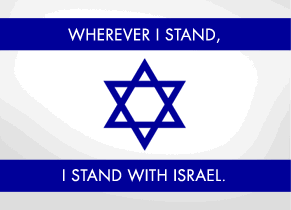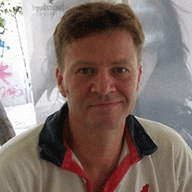Saturday was world #Transvisibilityday. You need a day like that becuase way under 0.5% of the world's population are never on TV, never in the newspapers, never being celebrated at the Oscars for starring in a crap foreign language film, never on BBC Question Time as the high priests of victimhood. They are never in the headlines demanding that though they have penises folks who identify as women and re part way there should be allowed to share a changing room with our teenage daughters. No, never.
There are about the same number of trans folks in the UK and Australia as - censuses indicate - there are those whose religious order is that of the Jedi Knights. When's world #Jedivisibilityday because right now in terms of media presence the force is with the trans folks...The poor Jedis, they really are an under reported and invisible minority.
Natch on this occasion the liberal media devoted acres of print to how no-one ever writes about trans folks or why we fail to understand them. So in case you need a primer, here is a gem from the Huffington Post from last fall. Have you got any idea at all what on earth this is all about? Answers in the comments section below:
A Guide To Non-binary Pronouns And Why They Matter
By Sassafras Lowrey
I came out as genderqueer when I was 17 years old, and now at 33 I’ve now spent almost half my life as an out genderqueer person! For me being genderqueer means that I’m not a man or a woman, and that regardless of my presentation, my gender identity exists outside of the binary of female or male.
My gender history over the past sixteen years has included multiple social and physical gender transitions. I have lived in many gender presentations, and have used hormones to physically transitions several times. Over the years my gender presentation has been fluid from: butch, to transgender man, to bearded lady, to queer femme. The only consistency in my gender identity over the years has been genderqueer, and my non-binary pronouns: ze/hir.
Queering language is really important to me. when I first came out as genderqueer in the early 2000’s I learned about non-binary pronouns, and right away began using “ze/hir” as my pronouns. These were the same pronouns gender outlaw Kate Bornstein, transgender activist Leslie Feinberg, and so many other genderqueer folks I met were using to reflect our non-binary identities.
As a fiction author one of my main goals is to create queer stories for queer readers. For me this means writing a diverse representation of genderqueer/trans characters on the page. The characters in my novels unapologetically use a variety of pronouns. I’m equally committed to normalizing the presence of non-binary characters as I am to non-binary language in literature.
Last year The Merriam-Webster Dictionary added the words “genderqueer” and “Mx” which a non-binary honorific to replace “Mr.” or “Ms” to the dictionary! This year The Associated Press Stylebook updated the guide to include the use of “they” as a non-binary singular pronoun. The AP does however encourages writers to try to avoid doing so, and to rephrase writing to use a name whenever possible. The updated Stylebook also explicitly doesn’t support usage of gender-neutral pronouns such as “ze.” Queering language is a work in progress.The AP does name that gender is not a binary, and is about identity- even running this tip on their homepage this morning!
Language like identities are constantly evolving. I understand that using non-binary pronouns might be challenging, but when someone says my pronouns are “too hard” for them to remember, what I hear is that you don’t value our friendship, the work that i’m doing in the world, or me as a person. guide.
Ends.
Whatever. I suppose this is what we are encouraged to view as progress in the world.


